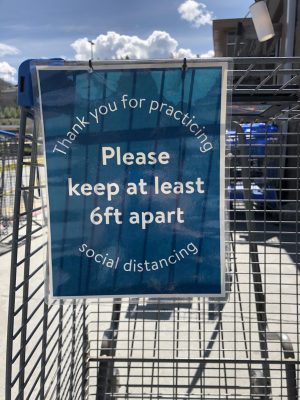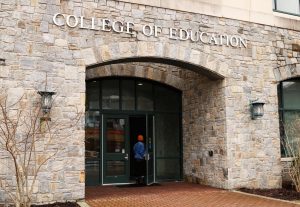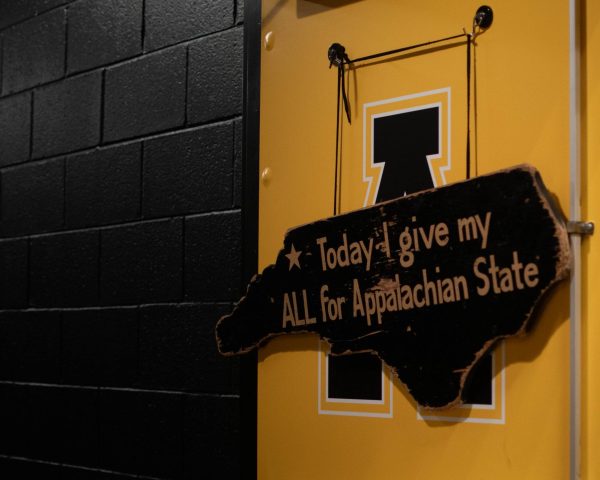CARES Act leaves App State students in middle ground
April 15, 2020
Under the CARES Act, families who qualify for the stimulus check get an extra $500 for children who are 16 and under. However, the act excludes young adults like college students who are still dependent on their parents for support but don’t make enough money to file taxes.
Some college students are raising concerns about not being included in this specific relief program because it is different from previous experiences.
“In past relief bills, college students have not been a priority,” said William Hicks, assistant professor of political science. “That’s no surprise though because in recent, prior recessions college campuses didn’t close down nor did college students have to leave campus for an unknown amount of time.”
Adults with an income of up to $75,000 will be eligible for a $1,200 check while married couples who make up to $150,000 annually will receive $2,400. Parents who claim dependents will receive an additional $500 per child.
“On an abstract level, the decision about who gets financial relief and who doesn’t represents a series of compromises forged between Democratic and Republican congresspersons, among other things,” Hicks said. “Much of it motivated and justified by reference to expert advice, no doubt, on both sides of the aisle.”
However, the All Dependents Count Act would extend the CARES Act’s definition of a “dependent”, allowing more families to receive payments for dependent individuals who do not qualify according to its current interpretation.
If the bill passes, parents with dependent children such as those who have not covered more than half of their own expenses and lived with the taxpayer for more than six months between the ages of 16 and 19 years old would receive $500.
Adult dependents who are students and less than 24 years old would also qualify under the terms of the All Dependents Count Act.
Money for the checks will be provided through from the government and will add to the 2020 deficit and the cumulative government debt.
“This moment, in my opinion, is remarkably unique. Not only because of how federal, state, and local governments have shut down civil activity, but also because our economy is different today than it was in the past,” Whitehead said.
Today, many Americans are able to work from home using technology that didn’t exist before, but some have lost jobs because they can’t work from home. According to the Labor Department, 6.6 million Americans filed for unemployment last week.
The stimulus checks are being sent out to help regulate the economy which took a nosedive as COVID-19 spread across America.
“The current recession is unprecedented. Past recessions have been triggered events such as stock market bursting bubbles, from underlying economic conditions,” said Whitehead. “At no point have any of these events led to a government shutdown of economic activity.”
Students may have a difficult time finding part-time or summer jobs because a majority of jobs that are hiring are grocery stores, fast food restaurants and other “essential” businesses.
Those who live on campus may be refunded for housing, but those off-campus may face difficulties paying rent if they are out of a job.
“If students don’t get help and have lost their jobs they won’t be able to pay bills like Wi-Fi and electricity that literally make it possible to continue doing class,” said senior Langley Earnhardt, who lost her job at Woof Pack Pet Services. “Companies like Spectrum aren’t giving existing customers any leeway with their bills and will shut it off if it goes unpaid. So, without help, I’ll eventually have to drop out.”
Whitehead said that in terms of economic recovery, two things could come next. The first is that as soon as it is safe, the government lifts the shutdown and things get back to normal. This is known as the V-shaped recovery.
The second is that after the government lifts the shutdown, there is a lingering demand shock with people being hesitant to spend money. In this case, the recovery is shaped like a check mark.
“There is no history to guide what happens next,” Whitehead said.
















